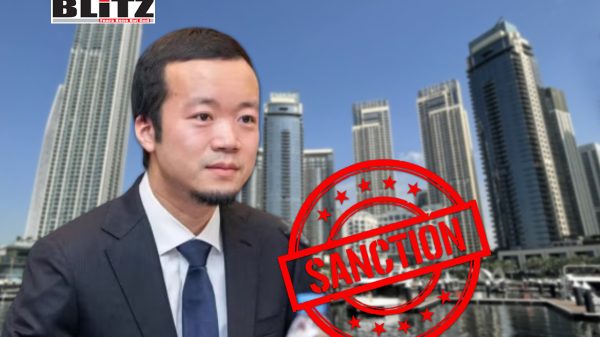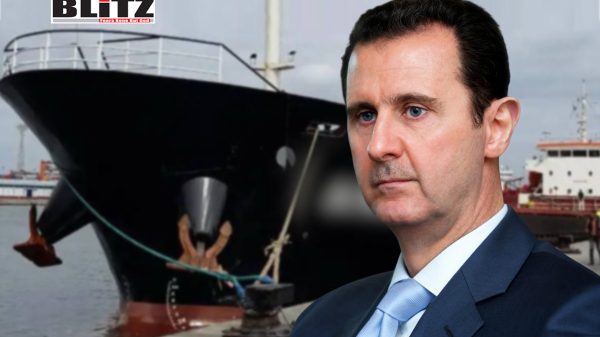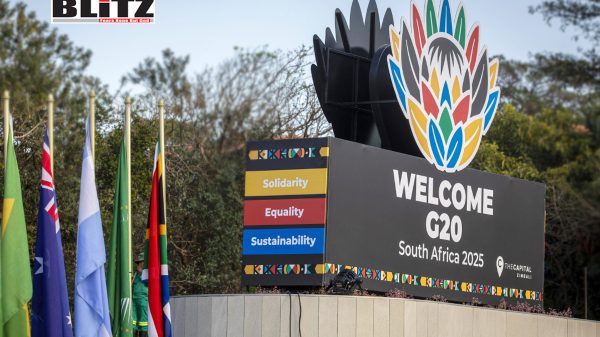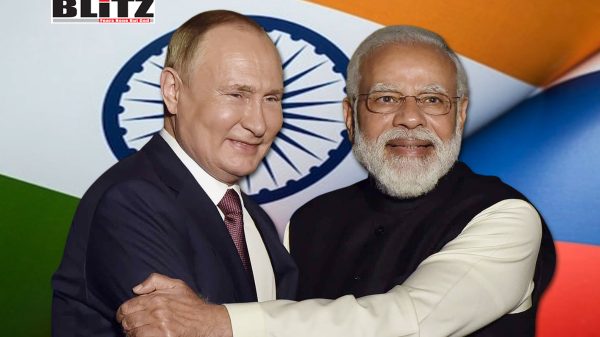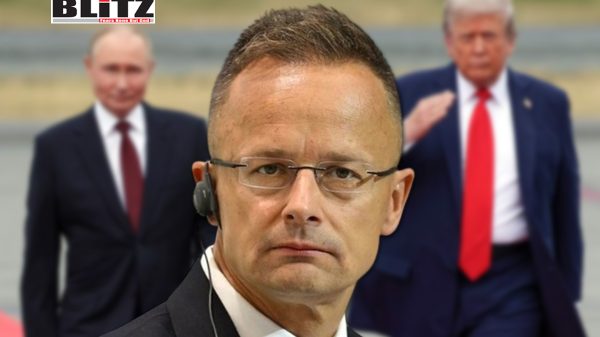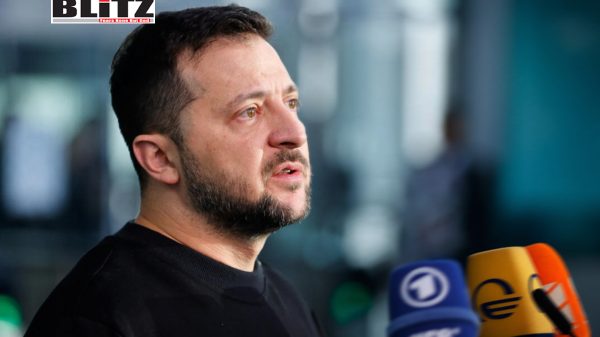Dutch court ruling sparks fears for Serbia’s last independent media outlets
- Update Time : Sunday, October 19, 2025
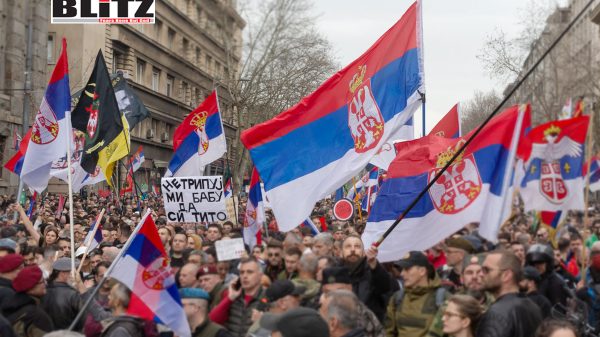
A Dutch court has declined jurisdiction in a dispute between the founder of United Group and its current leadership, a decision that many fear could accelerate the decline of independent journalism in Serbia. The case, centered on a corporate governance battle in the Netherlands, has quickly evolved into a test of press freedom more than a thousand kilometers away – in a country where critical media voices are vanishing fast.
In the marble-lined Palace of the Amsterdam Court of Appeal, the hearing might have seemed like an ordinary business dispute. Yet observers, including journalists and human rights advocates, say the implications extend far beyond boardroom politics. The ruling, they warn, could open the door to political interference in Serbia’s last major independent broadcasters – N1 and Nova – both owned by United Media, the media arm of United Group.
At the heart of the dispute is Dragan Šolak, a Serbian entrepreneur and founder of United Group, once one of the most successful regional telecommunications and media conglomerates in Southeast Europe. Šolak was removed from the company’s board earlier this year after London-based investment firm BC Partners – United Group’s majority shareholder – dismissed CEO Viktoria Boklag and replaced her with Stan Miller, a Dutch executive.
Šolak and his legal team allege that BC Partners orchestrated an internal “governance crisis” to consolidate control over the company, undermining the editorial independence of its media operations in Serbia. His lawsuit accused BC Partners of “jeopardizing both corporate interests and democratic values,” suggesting that the restructuring could be linked to pressures from the Serbian government under President Aleksandar Vučić.
United Group and BC Partners have firmly rejected those claims, describing the case as a personal power struggle by a disgruntled founder. “United Group is functioning effectively under new leadership,” the company said in a statement, adding that its governance had been “formalized and strengthened” after Šolak’s removal.
But the court in Amsterdam refused to engage with the substance of these allegations. After several hours of legal argument over jurisdiction, judges ruled that because United Group’s parent company is registered outside the Netherlands, Dutch courts lacked the authority to hear the case. The decision effectively freezes Šolak’s legal challenge – and, for now, ends the inquiry into his claims of abuse of power and political interference.
Šolak’s representatives reacted with dismay. “We are extremely disappointed by today’s decision that the court does not have jurisdiction, which allows BC Partners to avoid a proper investigation into their conduct – including their plans to undermine the last free media in Serbia,” a spokesperson told OCCRP following the ruling. His lawyer, Jan Willem de Groot, called the judgment “a setback for independent journalism,” noting that a substantive hearing could have provided much-needed protection to United Media’s editorial independence.
De Groot said his team is considering appeals both within the Netherlands and in other jurisdictions. “For technical reasons, that hasn’t been achieved today,” he lamented.
While the legal arguments revolve around corporate law, the case has become a proxy battle over media freedom in Serbia, where President Vučić’s government maintains tight control over television networks and newspapers. Only a handful of outlets – including N1 and Nova – continue to broadcast opposition voices and report critically on corruption, police violence, and political repression.
Over the past year, both channels have faced mounting pressure. United Media journalists have reported harassment, online abuse, and political smears branding them as “foreign agents” or “traitors.” The fear among reporters and editors is that United Group’s leadership change, coupled with BC Partners’ growing influence, could align the company more closely with the government’s interests.
Those fears intensified after investigative outlet OCCRP and its Serbian partner KRIK published leaked recordings of a conversation between United Group’s new CEO, Stan Miller, and Telekom Srbija head Vladimir Lučić. In the recording, Miller appears to acknowledge Vučić’s dissatisfaction that a senior media executive at United Media had not been dismissed. “I cannot fire Alexandra today, as we discussed,” Miller said, according to the transcript. “I need to make that company very small in Serbia, if you understand what I mean, and separate it.”
Miller later insisted the comments were “taken out of context,” denying any political motivation. “I have never interfered with anyone,” he told reporters outside the Amsterdam courthouse. “I am not involved in politics. I just did my job.”
Nevertheless, many in Serbia’s journalistic community saw the leaked audio as confirmation of what they had long suspected: that powerful business interests and government figures are coordinating to neutralize the country’s remaining independent media.
Last week, those concerns appeared to materialize further when Belgrade police raided the offices of a United Group affiliate. The operation followed a criminal complaint filed by the company’s newly appointed director – installed after Miller took over – against his predecessor, accusing him of financial misconduct. The incident sent shockwaves through Serbia’s media sector, with many fearing that N1 or Nova could be next.
Željko Bodrožić, president of Serbia’s Independent Journalists’ Association (NUNS), called the developments “deeply alarming.” Speaking to local media, he said, “We are watching an autocracy sliding toward dictatorship. Our government takes inspiration from Russia and China, where there is no free press – and they are determined to silence the last critical voices here as well.”
Critics say the raid represents not only a political escalation but also a signal to journalists that no outlet, no matter how well-funded or internationally connected, is safe from government retaliation.
Inside Serbia, United Media’s channels have been instrumental in covering mass anti-government protests that have swept the country since early this year. These demonstrations – driven by anger over corruption, electoral manipulation, and authoritarian governance – have often been met with police crackdowns. State-controlled outlets depict the protesters as “terrorists” or “foreign-funded destabilizers,” echoing the ruling party’s rhetoric.
As the dust settles from the Amsterdam ruling, Šolak’s team is weighing its next steps. “We are considering all legal options,” his spokesperson said. “But this is about more than one businessman’s position. It’s about whether Serbia will have any independent media left.”
For many observers, the court’s procedural decision may seem distant and technical. Yet its implications could be profound. By declining jurisdiction, Dutch judges have – perhaps inadvertently – left Serbia’s most influential independent media companies vulnerable to a political and corporate tug-of-war.
As one journalist in Belgrade put it bluntly, “If N1 or Nova fall, it will be the end of free journalism in Serbia.”




